Claude Williams - Call for the Fiddler (1994)
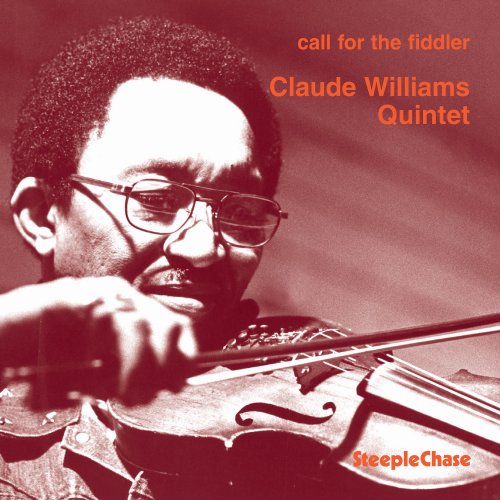
Artist: Claude Williams, Lars Blach, Horace Parlan, Hugo Rasmussen, Hans Nymand
Title: Call for the Fiddler
Year Of Release: 1994
Label: SteepleChase
Genre: Jazz
Quality: FLAC (tracks) / MP3
Total Time: 59:34
Total Size: 403 / 140 MB
WebSite: Album Preview
Tracklist:Title: Call for the Fiddler
Year Of Release: 1994
Label: SteepleChase
Genre: Jazz
Quality: FLAC (tracks) / MP3
Total Time: 59:34
Total Size: 403 / 140 MB
WebSite: Album Preview
1. How High the Moon (05:55)
2. Moten Swing (05:04)
3. Get Happy (04:33)
4. All the Things You Are (05:04)
5. There'll Never Be Another You (07:00)
6. Things Ain't What They Used to Be (06:07)
7. Honeysuckle Rose (02:41)
8. There Is No Greater Love (05:13)
9. Tenderly (07:32)
10. Billie's Bounce (04:08)
11. Lester Leaps In (06:13)
Few great jazz musicians enjoyed such a lengthy life and career as Claude "Fiddler" Williams, who outlasted virtually all his contemporaries and achieved his greatest successes at an advanced age. Williams began playing guitar at age ten; he was inspired to take up violin after hearing Joe Venuti play a gig near his Muskogee, OK, home. He played around Oklahoma with bassist Oscar Pettiford, among others. His first professional experience came in 1927 when he joined Terrence Holder's highly regarded territory band in Oklahoma City. Williams stayed on after Holder was ousted by his sidemen because of bad management and was replaced by bassist Andy Kirk. The band became known as the Clouds of Joy (also the Dark Clouds of Joy, 12 Clouds of Joy, Original 11 Clouds of Joy, etc.) and enjoyed a great deal of success, due in no small part to the performing and composing talents of the young pianist Mary Lou Williams. Claude Williams played on the Kirk band's first recordings, but was forced to leave around 1930 when ill health prevented him from completing a tour. Williams worked with the bands of Alphonse Trent in 1932, George E. Lee in 1933, and Chick Stevens in 1934-1935; he also played with Nat "King" Cole and his brother, bassist Eddie Cole, in Chicago during this period. Williams played guitar with Count Basie in 1936 and thus became the first guitarist to record with the band. He was replaced the next year by Freddie Green. During the late '30s and early '40s, Williams worked with the Four Shades of Rhythm in Chicago, Cleveland, and Flint, MI. Some of the more notable musicians he worked with during the '50s include pianist Jay McShann, saxophonist Eddie "Cleanhead" Vinson, and pianist Hank Jones. Williams settled in Kansas City once again in 1953. There he spent most of the next 20 years leading his own groups, but not making records. A gig with McShann in the early '70s led to Williams' first recordings in nearly three decades and Williams' second career was born. In the '70s and '80s, he toured with McShann and worked as a featured soloist at jazz festivals. He played in a Paris production of the musical Black and Blue and a New York date with pianist Roland Hanna and drummer Grady Tate. His star rose in the '90s; he was featured on the television program CBS News Sunday Morning and performed at Carnegie Hall and the Lincoln Center in New York. He also played at the first inauguration of President Bill Clinton, played international festivals, and recorded several highly acclaimed CDs. He was also the first inductee of the Oklahoma Jazz Hall of Fame. Entering his ninth decade, Williams was still quite active, venerated by jazz musicians and fans alike. The venerable elder statesman of jazz passed away at the age of 96 in April of 2004. ~ Chris Kelsey
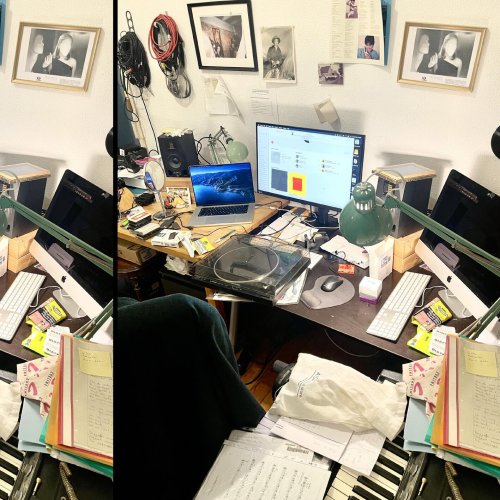
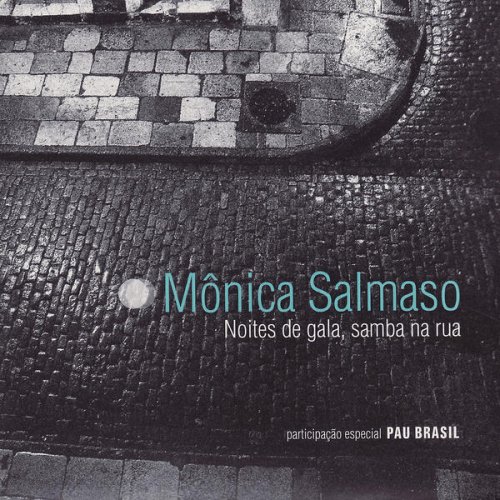
![Double Drums, Philipp Jungk & Alexander Glöggler - All You Can Beat (2026) [Hi-Res] Double Drums, Philipp Jungk & Alexander Glöggler - All You Can Beat (2026) [Hi-Res]](https://www.dibpic.com/uploads/posts/2026-02/1771946421_folder.jpg)

![Bill Champlin - Through It All (1994) [Japanese Edition] Bill Champlin - Through It All (1994) [Japanese Edition]](https://www.dibpic.com/uploads/posts/2026-02/1771699229_ff.jpg)
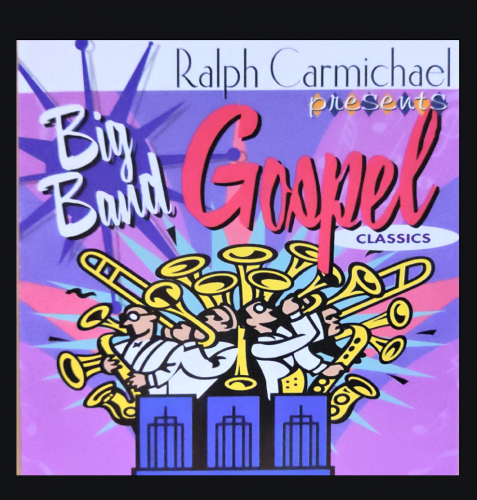
![Marius Neset - Time to Live (2026) [Hi-Res] Marius Neset - Time to Live (2026) [Hi-Res]](https://www.dibpic.com/uploads/posts/2026-02/1771945711_folder.jpg)
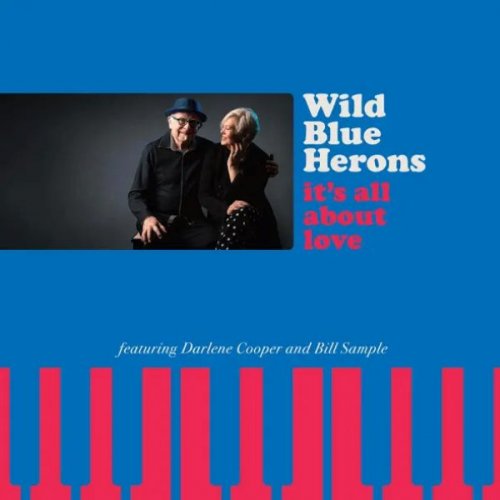
![Bob James, David Sanborn, Tsuyoshi Yamamoto, Susan Wong, Fourplay - The Best Of Evosound Audiophile (2024) [SACD] Bob James, David Sanborn, Tsuyoshi Yamamoto, Susan Wong, Fourplay - The Best Of Evosound Audiophile (2024) [SACD]](https://www.dibpic.com/uploads/posts/2026-02/1771744987_folder.jpg)